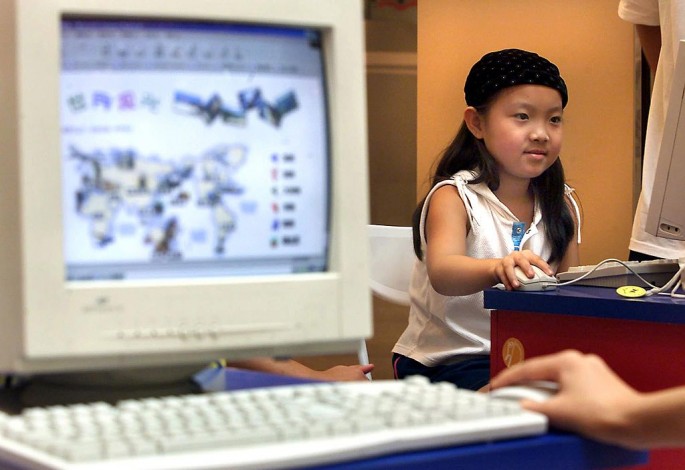Children in east China's Jiangxi Province will find it even more difficult to enter and use Internet cafes across the province after local authorities have started installing face recognition technology in more than 5,000 Internet cafes to deter them from entering or accessing the Web.
China Daily reported that aside from the face recognition technology, the government has also installed an online real name registration system that will help government trace the authenticity of the users' ID.
The report said that the system will immediately report to the authority when a child logs in to one of the monitored Internet cafes, and record the evidence.
In 2002, China banned Internet cafes from allowing any person below 18 years old and also required every customer to show an ID before entering bars.
Instead of a human check, the system will now make use of technology to ensure the implementation of the regulation. The installation is expected to be finished before the end of October while the trial run will be finished before the end of November.
In recent years, violations of the rules by both children and Internet cafes have been reported by media.
In Hongze County, Huai'an City of east China's Jiangsu Province, a 16-year-old student, surnamed Zhou, passed out and died on Oct 19, 2015, after skipping classes and surfing the Internet in a cafe for about seven hours.
In Liuzhou, in Guangxi Zhuang Autonomous Region, a 17-year-old boarding school student Xiao Lei (not the real name), who had been drinking with a friend, went to an Internet cafe on Dec. 28, 2014, where he fainted at 3.32 a.m. in front of the computer and died two hours later.
Based on July 2014 statistics, there are about 632 million Internet users in China and the government believes that 10 percent of these are minors who have become addicted to surfing, according to an article published in planetbiometrics.com.
The government is also pushing for real name registration system as a means to identify all Web users.



























